Savio and Citracca banned for three months after 'pay to ride' appeal
Italian team managers condemned after detailed media investigation
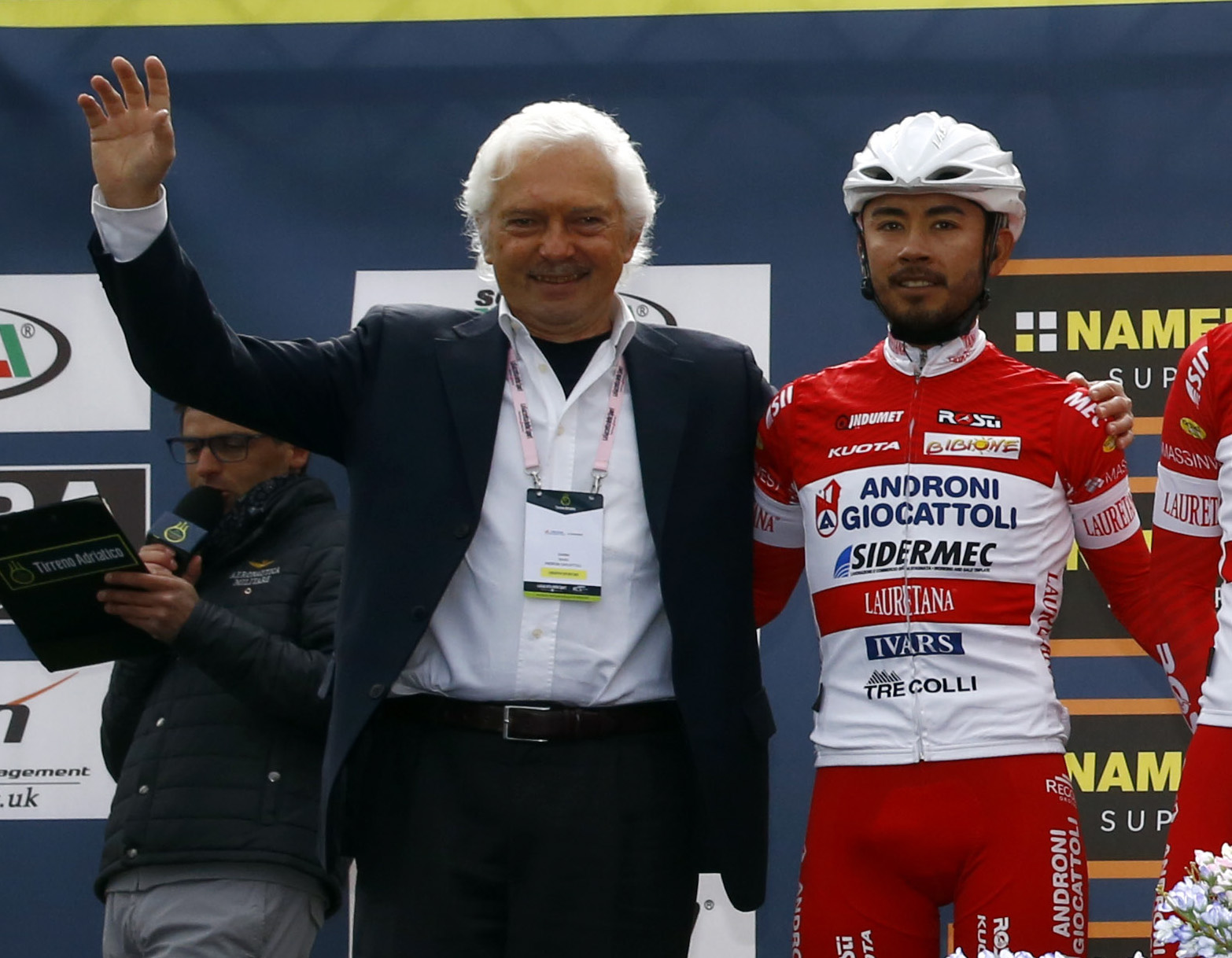
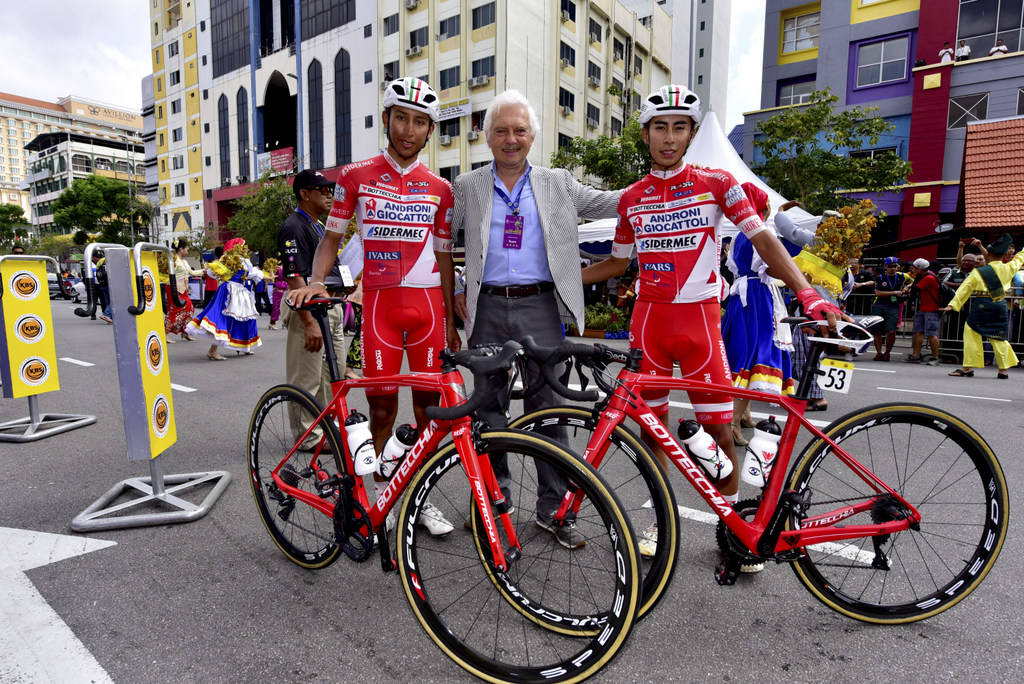
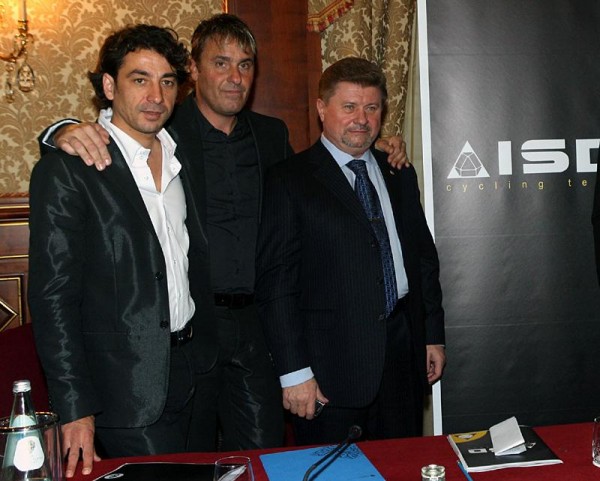
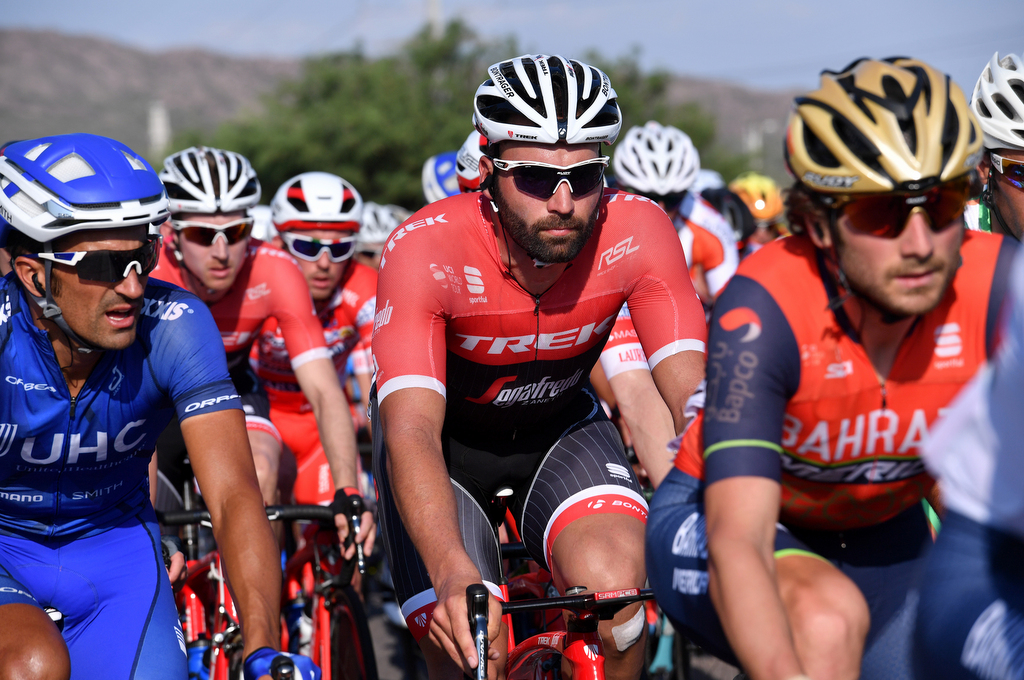
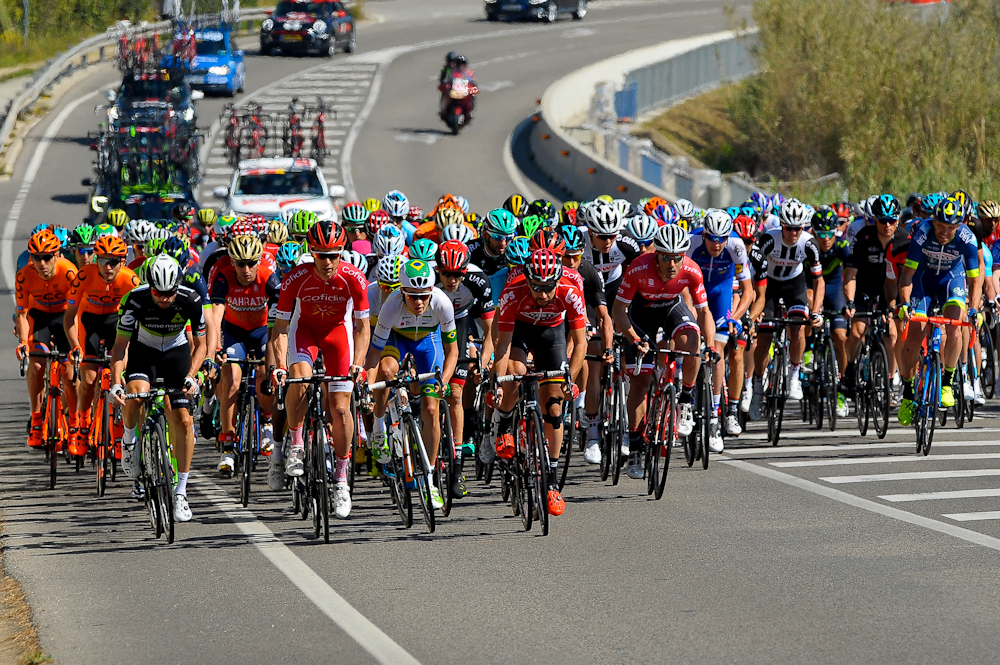
Gianni Savio and Angelo Citracca, the managers of the Wilier Triestina and Androni Giocattoli Italian Professional Continental teams, have been banned for three months by the appeal court of the Italian Cycling Federation for their involvement in the 'pagi e corri' – 'pay to race' investigation.
The two managers were cleared of any wrong doing in late 2016, but the Italian Olympic Committee appealed against that verdict, which was overturned on appeal after several delays, including one due to a lack of heating.
The two well-known managers will not be allowed to work with their teams and attend races for three months, meaning that Citracca cannot attend the Giro d'Italia with Wilier Triesitna. Savio's Androni Giocattoli team missed out on an invitation to the Giro d'Italia but now Savio cannot attend in any official context.
Italian rider Marco Coledan, who raced for Bardiani-CSF before moving to Trek-Segafredo in 2015, was also banned for 15 days on appeal after being implicated in the investigation. It was suspected that the Bardiani-CSF team insisted Coledan pay a penalty fee to leave the Italian team so he could ride with Elia Viviani at Liquigas. Viviani testified at the initial hearing but Coledan refused to confirm the accusations.
As a consequence, Bruno Reverberi – the team manager at Bardiani at the time, was found not guilty of any wrongdoing. He was cleared at the first hearing and that sentence stands after the appeal.
Citracca, Savio and Coledan can all appeal but risk being given longer suspensions. Details of the sentence will be revealed in the next 10 days. Coledan rode Friday's E3 Harelbeke but can no longer be part of Trek-Segafredo's Classics squad until the end of the 15-day ban.
A detailed investigation
The investigation dubbed 'pagi e corri' – 'pay and ride' – began after a detailed investigation by Italian journalist Marco Bonarrigo for the prestigious Corriere della Sera newspaper. By speaking to several riders and witnesses, Bonarrigo lifted the lid on the financial deals that are widely suspected of occurring in the lower levels of Italian cycling. Viviani, several agents and sponsors were key witness in the investigation.
Get The Leadout Newsletter
The latest race content, interviews, features, reviews and expert buying guides, direct to your inbox!
Bonarrigo claimed that some riders were forced to give back part of their official salary via secret bank accounts and illegal agreements that left them unable to accept offers from bigger and better teams.
Corriere della Sera claimed that six other riders have admitted to either paying their way onto a team or finding a new sponsor for the team in order to cover the cost of their salaries. The newspaper writes of family businesses paying for riders to turn professional, and reports of a case in the Veneto, a pair of riders were signed in a "two for the price of one" deal, with the family of the weaker rider covering the difference.
It is understood that testimony from some sponsors confirmed that they paid for specific favoured riders to race rather than providing sponsorship to the teams.
It seems that Italian riders were so desperate to turn professional after years of riding as amateurs that they are ready to accept virtually any kind of illegal agreement. However, this favours riders who can, or are willing, to pay and weakens the quality of the Italian peloton, while others quit the sport or try their hand with teams in other countries.
The Italian team managers denied signing riders who paid to race.
"Requests like that arrive but this kind of thing doesn't exist in the Androni-Sidermec team," Gianni Savio told Corriere della Sera. "At the most we take a rider when a sponsor asks us to, as in the case of sprinter Pacioni."
Citracca justified the signing of Ramon Carretero even though the Panamanian rider struggled in races and then tested positive for EPO at the 2015 Tour of Turkey.
"What people have said isn't true and they've dirtied the image of Italian cycling," Citracca said of the revelations. "How could I refuse to sign Carretero after his father helped find me a (title) sponsor that helped save the jobs of 30 people?"
While the investigation has left the Italian Cycling Federation embarrassed and those directly involved angry, there appears to be some benefit. The UCI and Italian Federation reportedly control rider contracts much more carefully and the system of 'pay to race' is no longer used or contemplated in the Italian peloton.